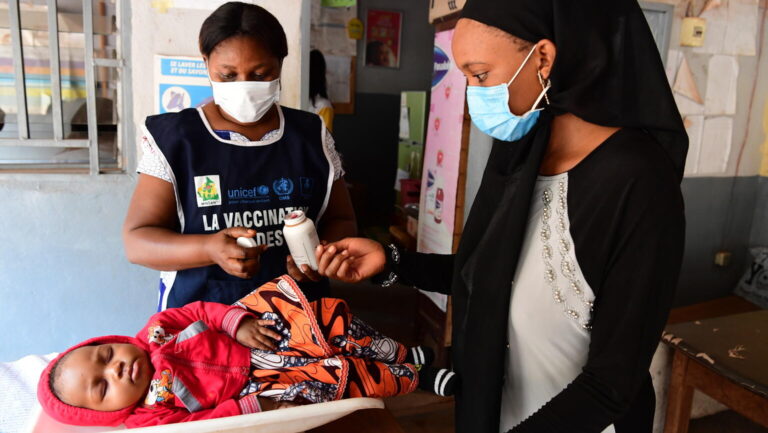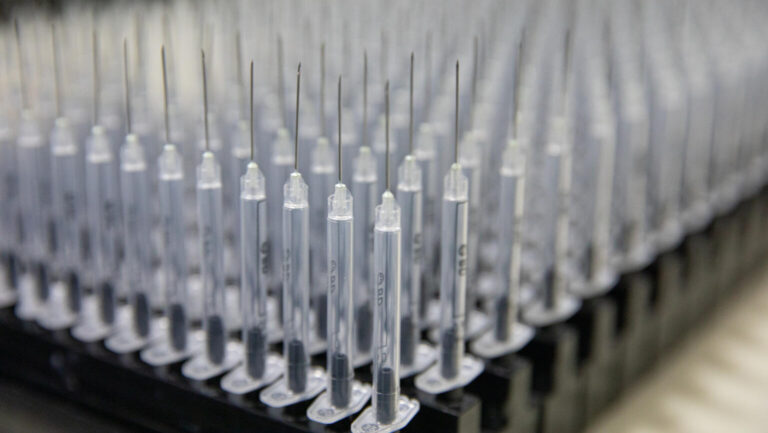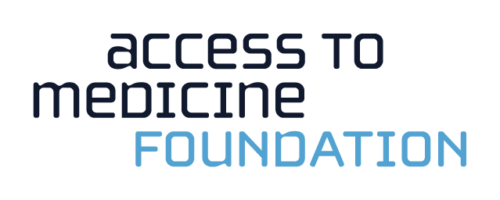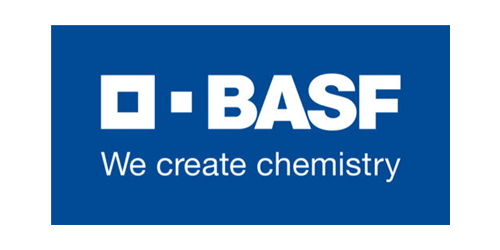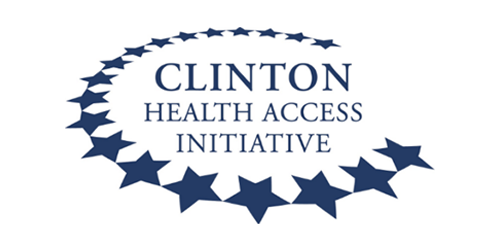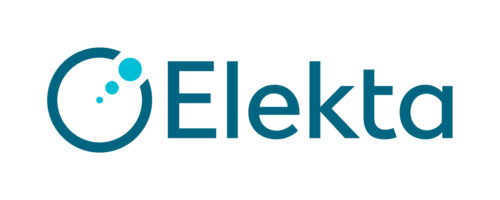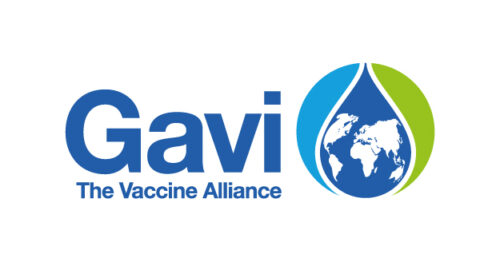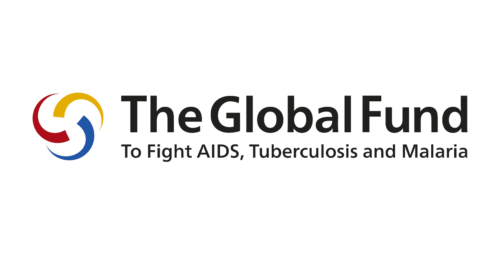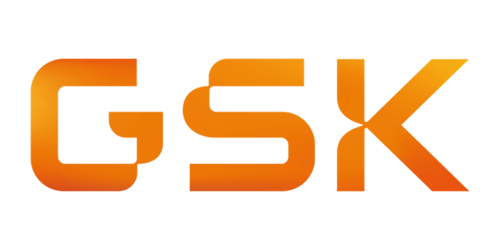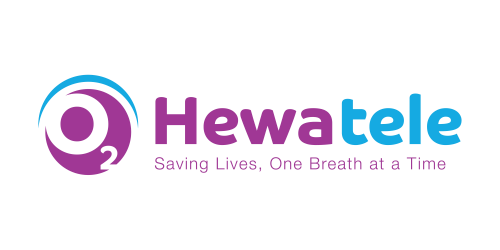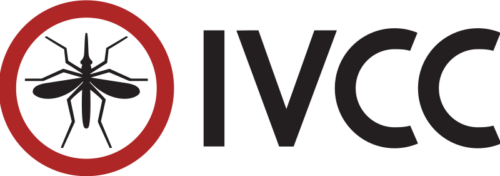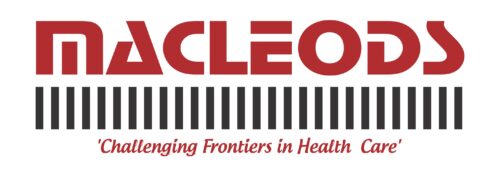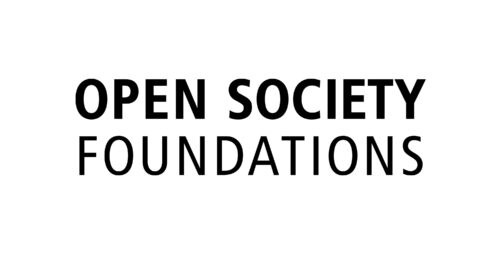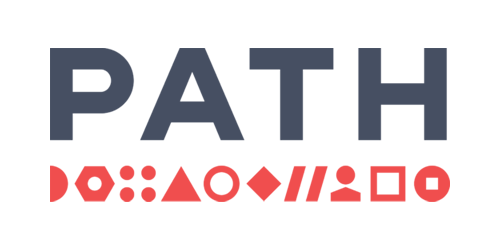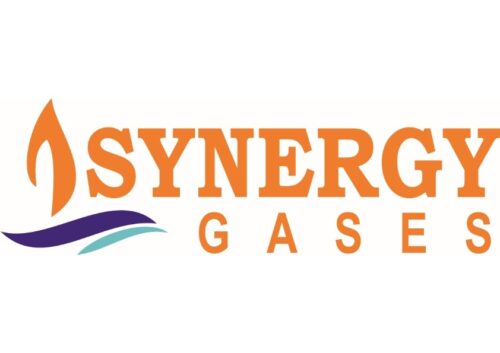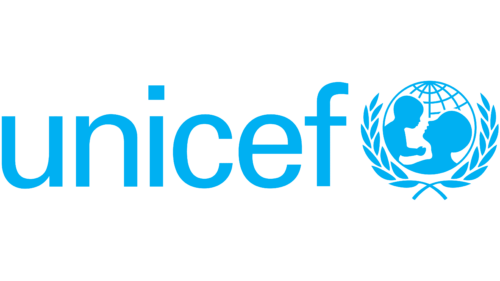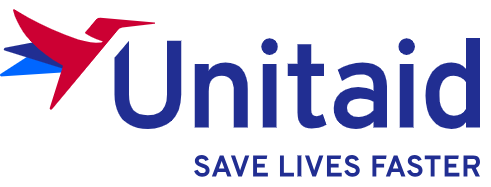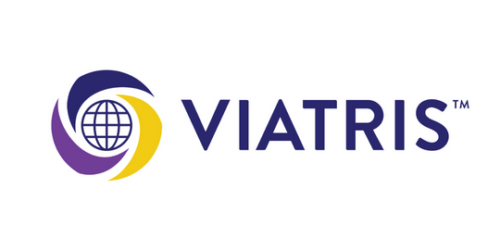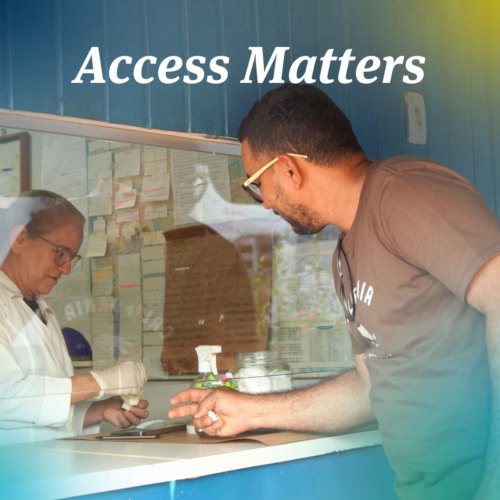New support for UNICEF to secure vital COVID-19 medical products, including diagnostic tests and clinical management supplies, for low- and middle-income countries.
MedAccess today announced new support for UNICEF to secure vital COVID-19 medical products, including diagnostic tests and clinical management supplies, for low- and middle-income countries.
As the pandemic continues to take hold in South Asia and sub-Saharan Africa, experts predict the regions will see more than 220 million COVID-19 infections. Healthcare workers in both regions are facing acute shortages of medical supplies to treat patients as the pandemic continues to spread.
MedAccess, a UK-based social finance company, will provide a guarantee of up to US$ 50 million enabling UNICEF to secure essential products from suppliers in the fight against the virus. This will support UNICEF’s high-volume purchasing orders with manufacturers to respond to country demand for medical supplies and diagnostic tests at affordable prices.
Increasing access through innovative finance
“Surging demand for COVID-19 healthcare supplies has led to supply shortages and sharp price rises, making even basic equipment for healthcare workers difficult to purchase in many countries,” said Michael Anderson, CEO of MedAccess. “Our partnership will help UNICEF to quickly respond to country requests and ensure more healthcare workers have the tools they need to safely care for patients suffering from Coronavirus. UNICEF plays a unique and important role in the procurement of medical supplies on behalf of low- and middle-income countries and we are pleased that our innovative financing tools are helping it to achieve its mission.”
“Innovative financing tools are especially critical now in light of the unprecedented global demand for supplies to respond to the COVID-19 pandemic,” said Etleva Kadilli, Director of the UNICEF supply and procurement headquarters. “UNICEF is grateful for the support of MedAccess, which will help accelerate efforts to secure products at scale on behalf of countries to protect frontline health workers and the communities they serve.”
Through its pooled procurement mechanisms, UNICEF purchases more than $3.8 billion of goods and services annually on behalf of low- and middle-income countries, country programmes and development partners. UNICEF’s procurement mechanism provides countries with assurance on quantity and quality as well as appropriate pricing.
Supply challenges
Demand for COVID-19 medical supplies in low- and middle-income countries is expected to significantly outstrip supply for the rest of 2020. Countries whose health systems were already weaker before COVID-19 are bearing the brunt of supply shortages, making it more difficult for health workers to protect citizens.
Since the start of the pandemic, UNICEF has shipped more than 25 million items of COVID-19 related supplies in support of 107 countries as they respond to the pandemic.
Formed in 2017, MedAccess, a wholly owned subsidiary of the UK’s CDC Group, has extended financial guarantees to improve access to health products including access to HIV viral load testing and next generation anti-malaria bed nets in sub-Saharan Africa.
